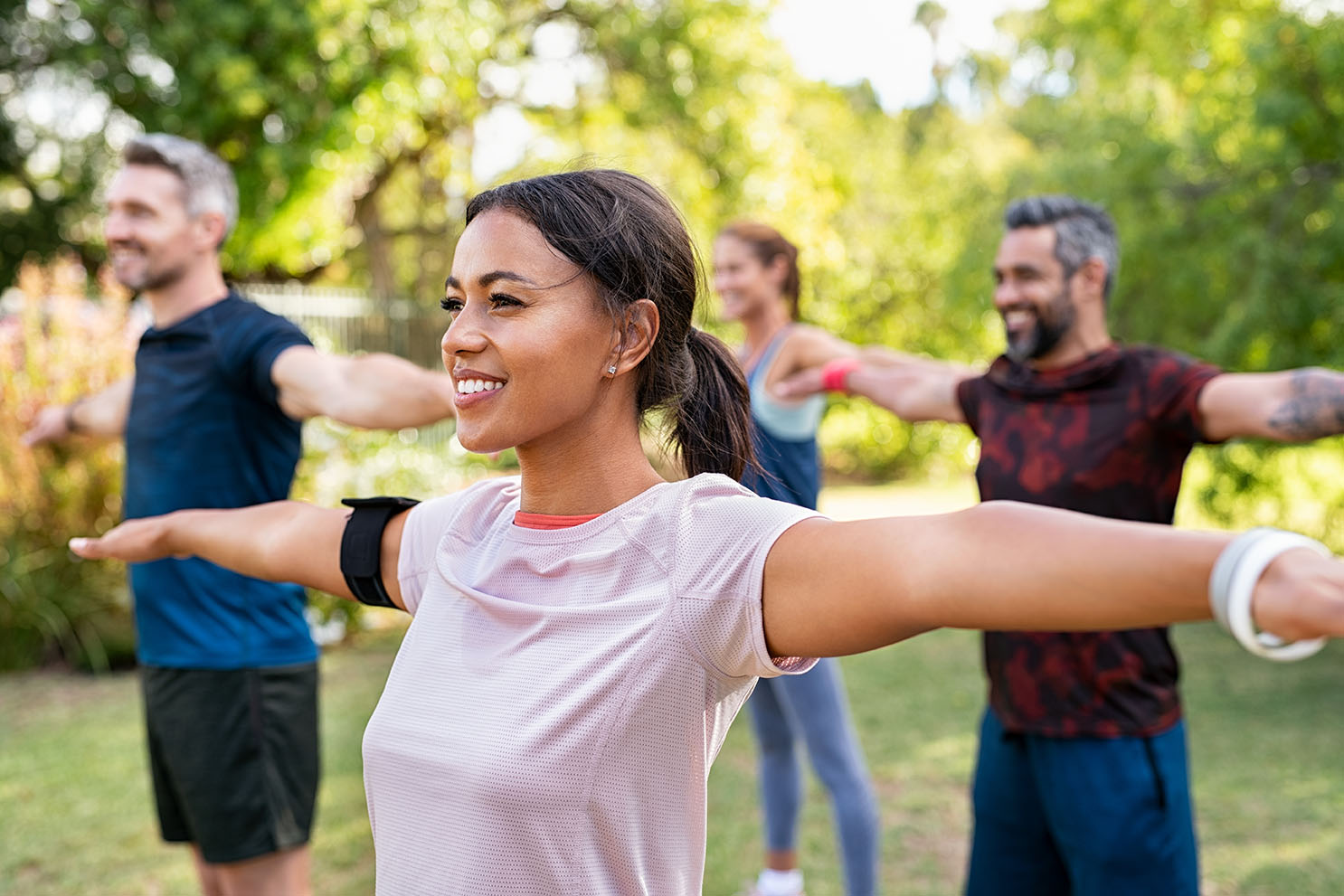

Exercise is any bodily activity that enhances or maintains physical fitness and overall health and wellness. It is performed for various reasons, to aid growth and improve strength, prevent ageing, develop muscles and the cardiovascular system, honing athletic skills, weight loss or maintenance, improve health and also for enjoyment.
There are many different types of exercise, including aerobic exercise, anaerobic exercise, and strength training. Aerobic exercise is any activity that increases your heart rate and breathing rate. Anaerobic exercise is any activity that is short and intense, such as sprinting or weightlifting. Strength training is any activity that helps you build muscle.
Exercise is important for everyone, but it is especially important for children and adolescents. Exercise helps children and adolescents develop strong bones and muscles, improve their cardiovascular health, and reduce their risk of developing chronic diseases later in life.
A workout is a period of exercise that is done for a specific purpose, such as to lose weight or to build muscle.

Noun: exercise, workout, physical activity.
Adjective: exercise-related, exercise-induced.
Verb: to exercise, to work out.
Synonyms: exertion, workout, training.
Antonyms: inactivity, idleness, sloth.
The word "exercise" comes from the Latin word exercise, which means "to exert, to put into action." It was first used in English in the 14th century, and it is still used today to refer to any physical activity that is done to improve fitness.
Why is it important to exercise?
Question:
Describe the physiological effects of regular exercise on the human body, emphasizing its impact on cardiovascular health and muscular strength. Discuss how exercise contributes to overall well-being.
Answer:
Regular exercise exerts profound physiological effects on the human body, benefiting both cardiovascular health and muscular strength. During exercise, the heart rate increases, promoting better blood circulation, and enhancing the efficiency of the cardiovascular system. This results in improved oxygen and nutrient delivery to body tissues and organs.
Furthermore, exercise stimulates muscle growth and strengthens existing muscle fibres through the process of hypertrophy. Muscles become more toned and resilient, allowing individuals to perform daily activities with greater ease and reducing the risk of injuries.
Apart from the physical benefits, exercise also positively impacts mental well-being. It triggers the release of endorphins, which act as natural mood lifters, reducing stress and anxiety. Additionally, regular exercise contributes to better sleep patterns, leading to improved overall mental and emotional health. Engaging in physical activity not only enhances physical fitness but also promotes a sense of well-being and balance in life.